Counting skills Tracing Numbers Worksheets for Ages 7-8
7 filtered results
-
From - To
Boost your child’s numerical confidence with our Counting Skills Tracing Numbers Worksheets designed for ages 7-8. These engaging worksheets help young learners develop essential counting skills through fun and interactive tracing activities. By aligning with their developmental stage, these printables ensure children master number formation, sequence counting, and improve their fine motor skills. Each worksheet offers clear instructions and delightful designs to keep students motivated and interested. Ideal for both classroom and homeschooling use, these resources make learning numbers an enjoyable journey. Start exploring our worksheets today and watch your child’s counting skills flourish!
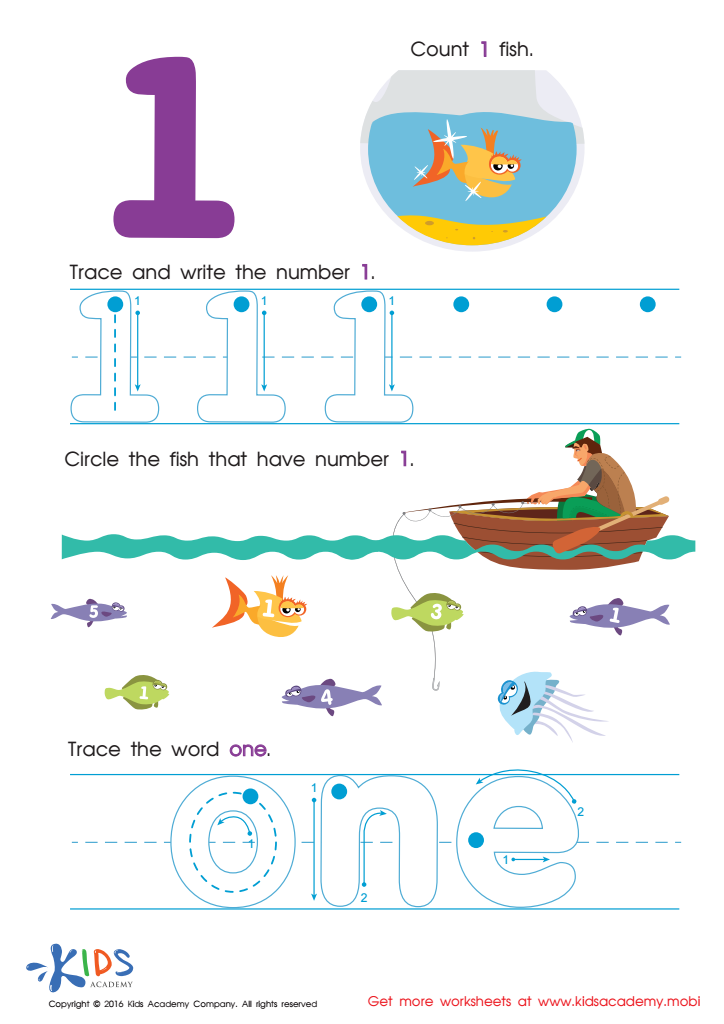

Learning to Write 1 Worksheet
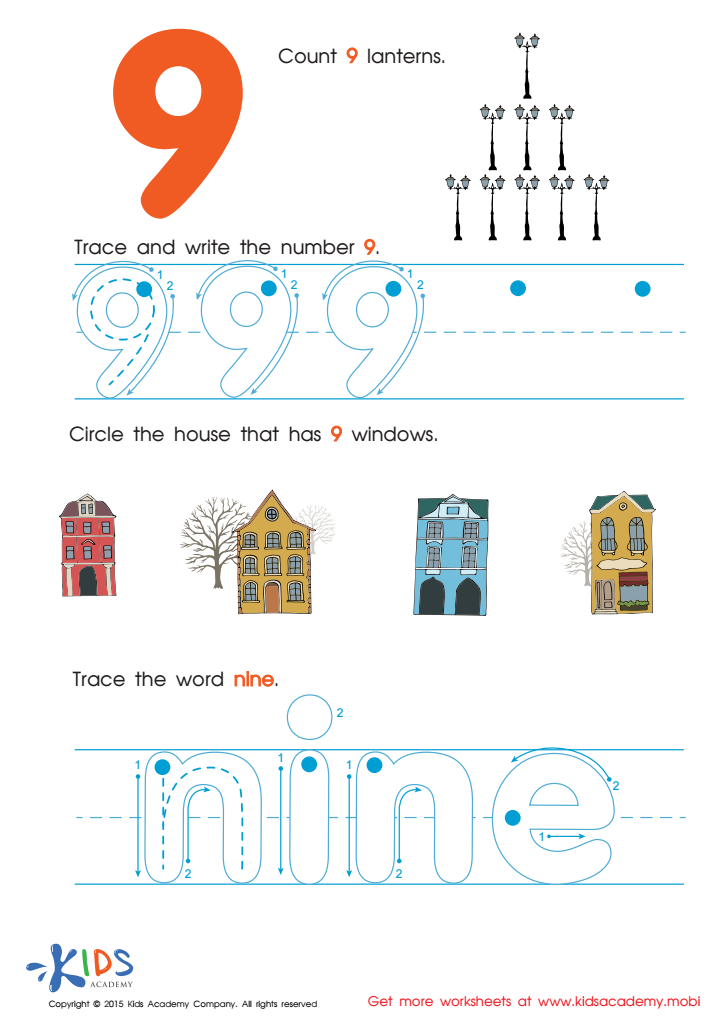

Tracing And Learning to Write Number 9 Worksheet
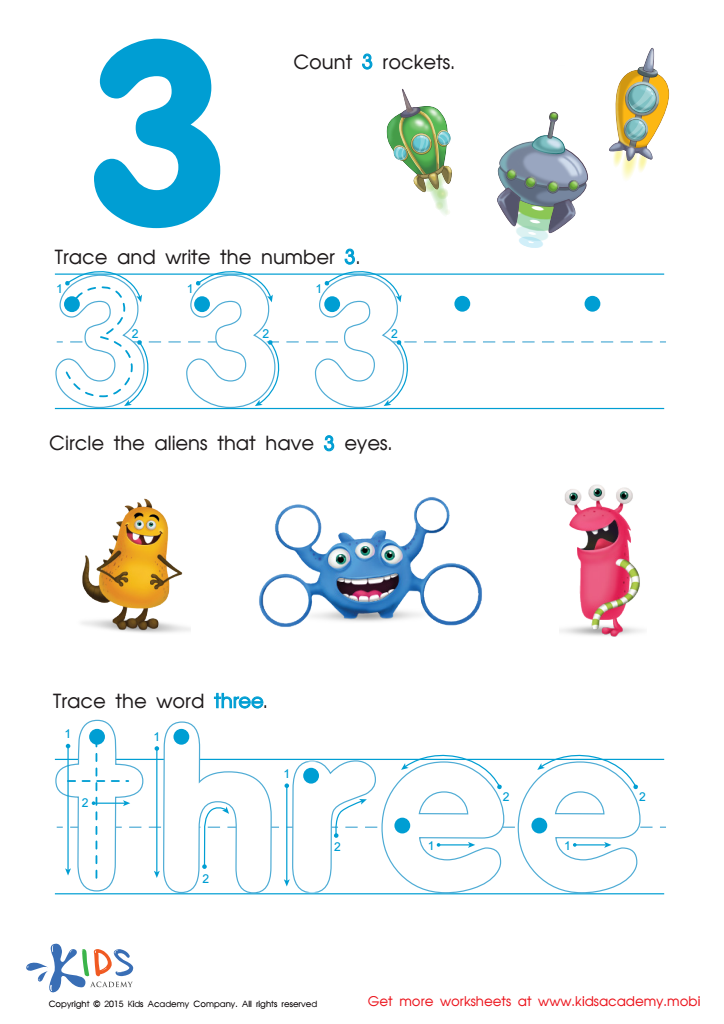

Learning Number Three Worksheet
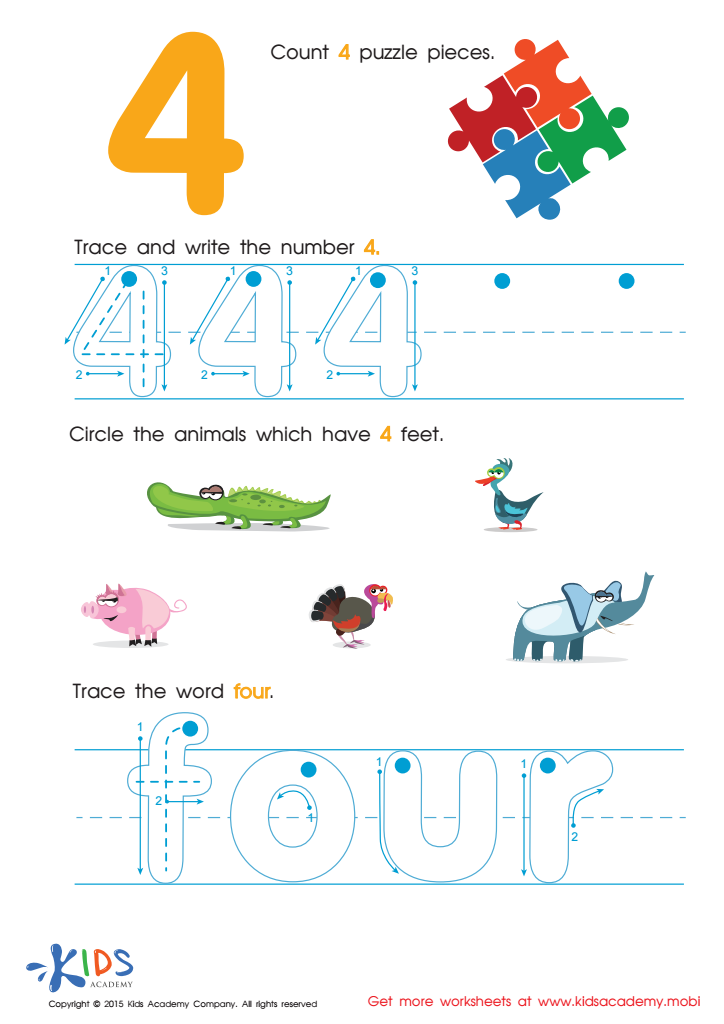

Teaching Children to Write Number 4 Worksheet
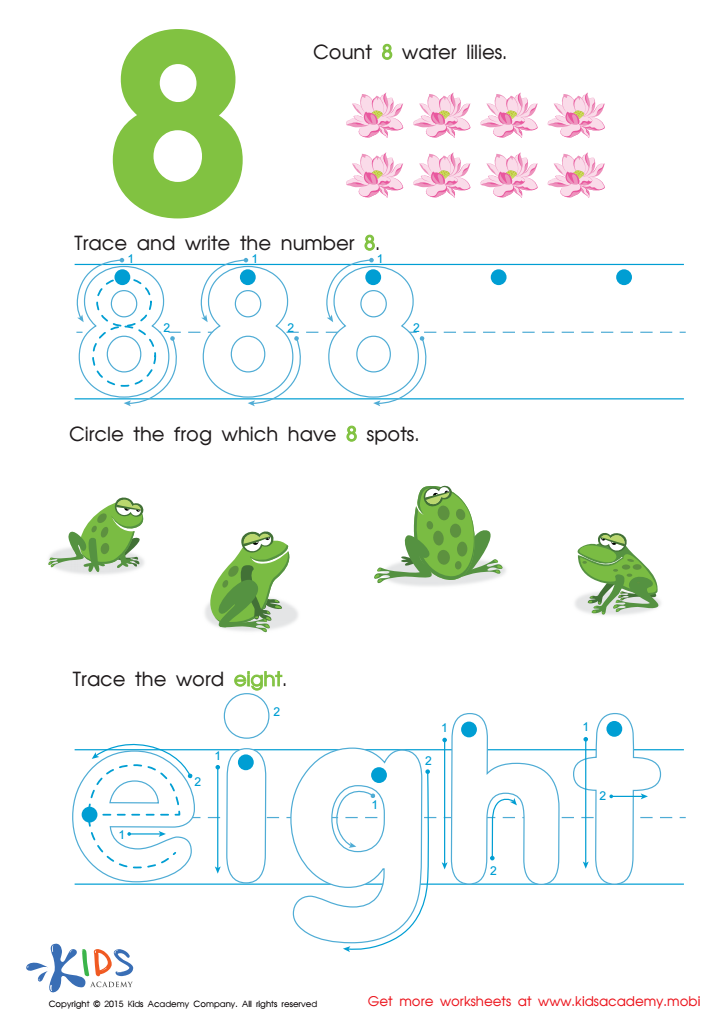

Learn Number 8 Easily Worksheet
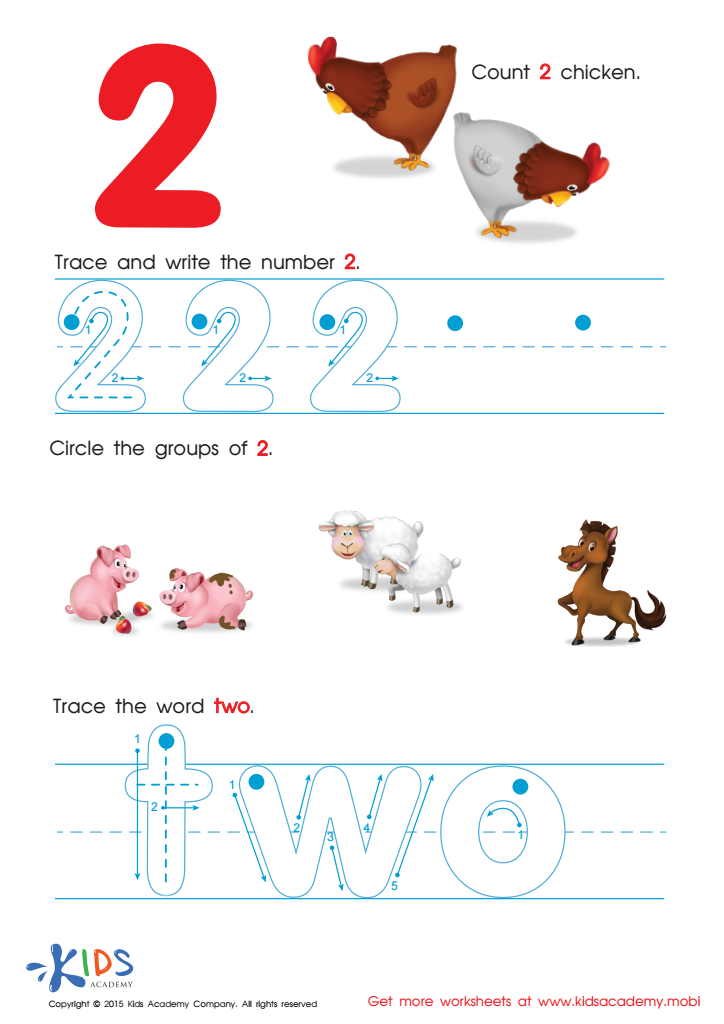

Learn to Write the Number 2 Worksheet
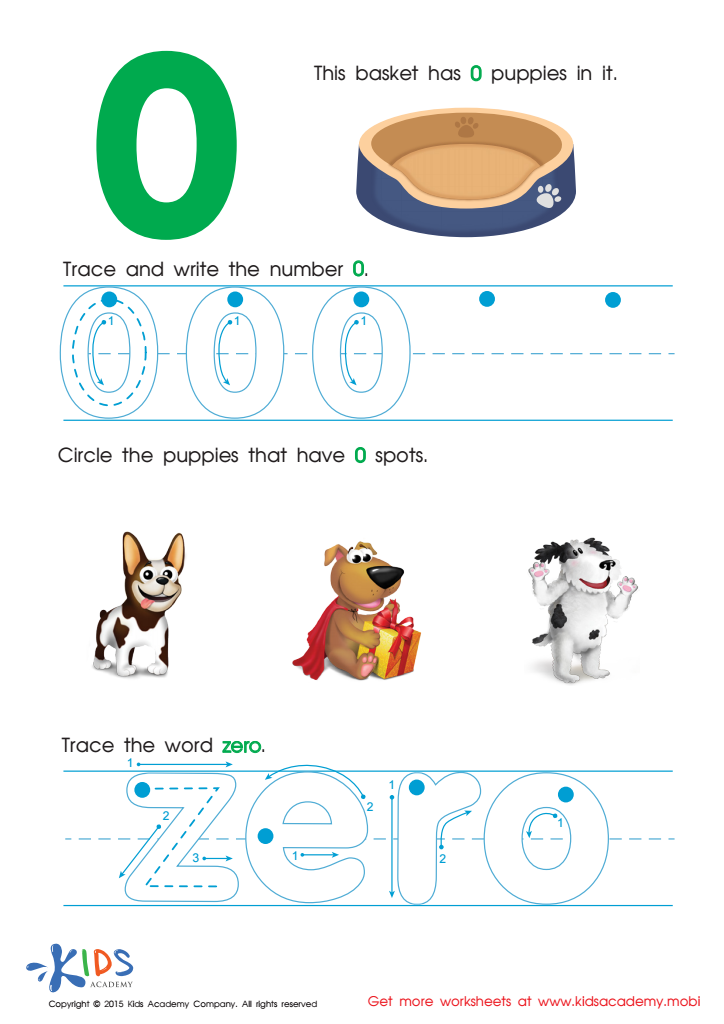

Trace And Write Number 0 Worksheet
Parents and teachers should care about counting skills and tracing numbers for children aged 7-8 because these foundational skills are critical for mathematical development and everyday functioning. At this stage, children transition from basic counting to more complex arithmetic, such as addition and subtraction. Proficiency in counting provides the scaffold for understanding these higher-order mathematical concepts. Tracing numbers, similarly, contributes to fine motor control, number recognition, and spatial awareness, reinforcing their understanding in a tactile manner.
Furthermore, these activities bolster cognitive development by enhancing memory, attention, and problem-solving abilities. Engaging with numbers meaningfully helps students to develop a positive attitude towards math, reducing anxiety and building confidence. This empowerment can have long-term benefits, as early numeracy skills are strong predictors of later academic achievement, not just in mathematics but in other subjects as well.
On a practical level, counting and number tracing mimic real-life scenarios such as budgeting, telling time, and measuring, allowing children to make sense of the world around them. Early intervention and support in these areas can address potential learning difficulties, ensuring that no child is left behind. Therefore, fostering these skills is vital for a child's comprehensive development, both academically and in daily life.
 Assign to My Students
Assign to My Students




















